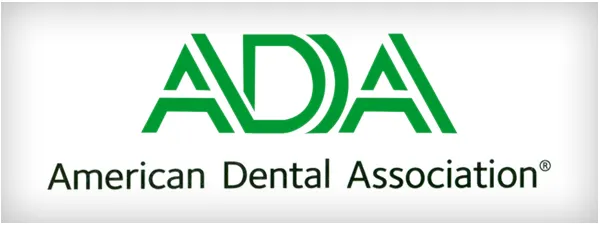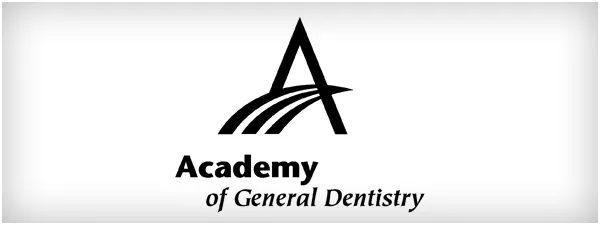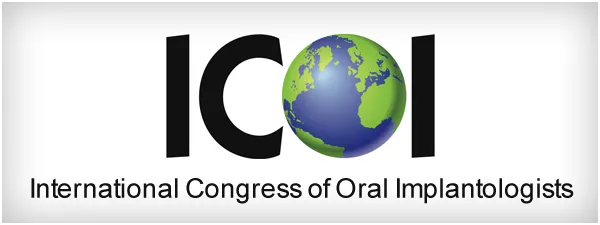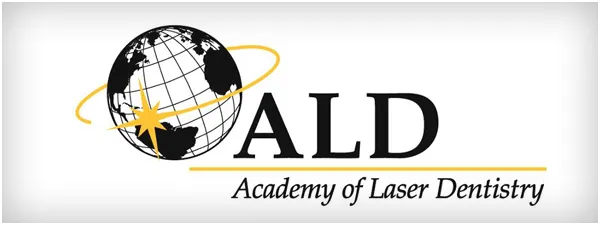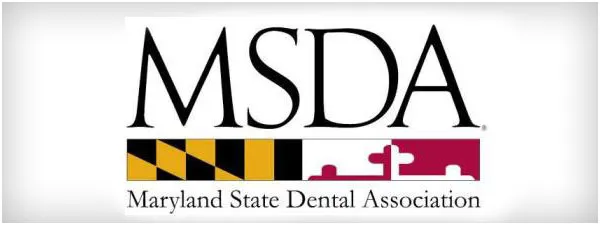Avoiding Dental Crises From an Emergency Dentist in Annapolis
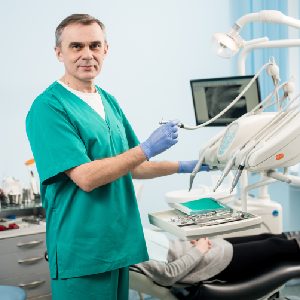
When it comes to oral health, prevention is always better than cure. Although an emergency dentist can treat urgent issues like excruciating pain, fractured teeth, or infections, many of these situations can be prevented with the correct routines and understanding. Dental emergencies often happen unexpectedly, but most of them stem from underlying issues that could have been prevented with timely care. Whether it’s staying consistent with dental visits or protecting your teeth during physical activity, you can greatly reduce your risk of painful and costly dental emergencies.
In our previous blog, we discussed the five key advantages of visiting an emergency dentist for dental emergencies. In this blog, we will go through six tips to help prevent dental crises and steer clear of dental emergencies.
6 Key Tips for Dental Injury Care From an Emergency Dentist in Annapolis
Below are six smart tips to help you maintain your oral health and steer clear of avoidable dental crises.
-
Maintain a Strong Daily Oral Hygiene Routine
Despite their apparent simplicity, brushing and flossing are your primary line of protection against plaque accumulation, gum disease, and cavities. Use a soft-bristle toothbrush twice a day and fluoride toothpaste to strengthen enamel. Daily flossing helps remove food particles stuck between teeth, reducing the risk of decay and preventing gum irritation that can spiral into more serious issues.
-
Never Ignore Early Signs of Gum Disease
Untreated gum problems often lead to pain, infection, and tooth loss—issues that can easily escalate into emergencies. It's time to make a scheduled appointment if you observe sore, bleeding, or swollen gums. Addressing gum disease in Annapolis early prevents severe complications, keeps your mouth healthier, and lowers the chances of sudden dental pain that requires urgent care.
-
Protect Your Teeth During Sports and Activities
Accidents are a leading cause of dental injuries. Whether you play contact sports, enjoy cycling, or participate in recreational activities, using a custom-fitted mouthguard can protect your teeth from being chipped, cracked, or knocked out. This small precaution can spare you from the stress of sudden tooth damage and an unexpected trip to a dentist.
-
Eat a Tooth-Friendly Diet and Limit Sugary Drinks
Your dental wellness is greatly influenced by your diet. Alkaline foods, sweet treats, and sodas degrade enamel and raise the possibility of cavities. Instead, focus on calcium-rich foods like dairy, leafy greens, and nuts that help keep your teeth strong. Drinking water after meals also helps wash away bacteria and food particles that might otherwise linger and cause decay.
-
Address Dental Anxiety with Sedation Options
Delaying dental visits due to fear often makes small issues grow into major emergencies. If you experience anxiety, ask about sedation dentistry in Annapolis during your next appointment. Modern sedation techniques allow patients to stay calm and comfortable while receiving the care they need. By managing fear effectively, you can ensure problems are treated early before they develop into urgent situations.
-
Keep Up With Routine Dental Checkups
Visiting your dentist in Annapolis twice a year is one of the best ways to prevent emergencies. Regular cleanings remove plaque and tartar that daily brushing can’t, while checkups catch early signs of cavities, gum issues, or enamel erosion. Preventive care ensures problems are addressed before they become painful and costly, saving you time and stress in the long run.
Conclusion:
The majority of dental issues may be prevented with regular treatment and good habits, but they can still be unpleasant, costly, and stressful. From practicing proper oral hygiene and wearing a mouthguard to addressing gum health and easing dental anxiety, these six tips from an emergency dentist in Annapolis can help you avoid urgent situations.
Prevention not only protects your smile but also gives you peace of mind knowing that your teeth are strong and well cared for. Taking proactive steps today means you’ll be less likely to need urgent intervention tomorrow. Call us now at 410-268-9336!
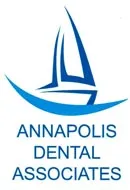







 by
by 
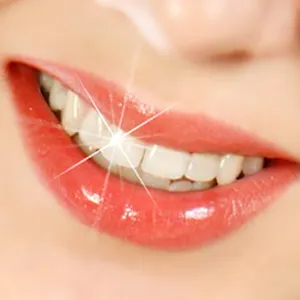 Cosmetic Dentistry
Cosmetic Dentistry
 Teeth Whitening
Teeth Whitening
 Emergency Dentistry
Emergency Dentistry
 Pediatric Dentistry
Pediatric Dentistry
 Invisalign
Invisalign
 Services
Services
